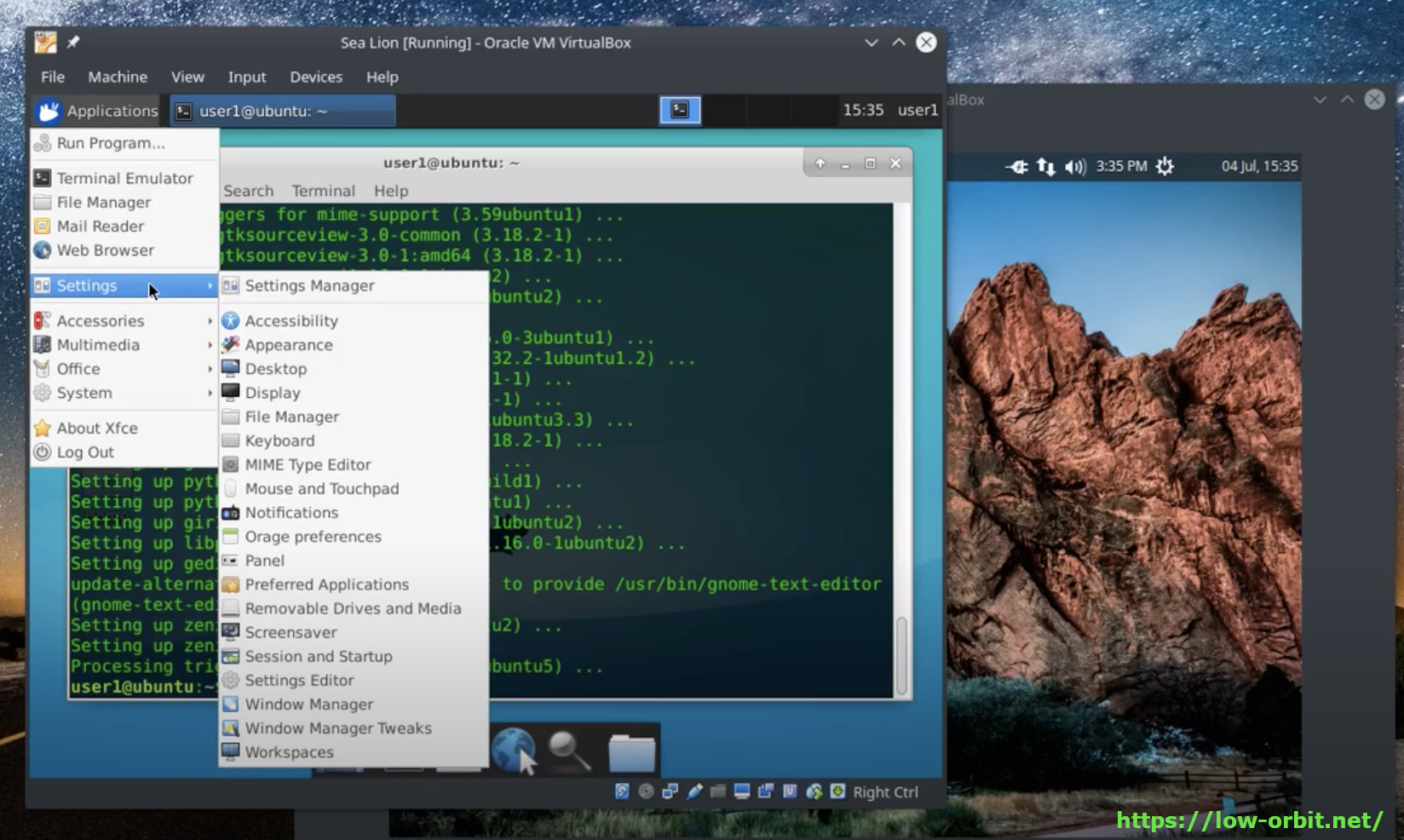
egrep -c '(vmx|svm)' /proc/cpuinfoĪs long as it doesn’t return 0, then you’re good. I’ll assume you have your OS installed, and have sudo rights.įirst, check that your CPU can run VMs. The reason I made this guide is because I could have used one If there is something wrong, or something that could be done smarter, please let me know! 1 - Preparation Please report both if you have success on other systems, and if not.

NOTE: This is for Ubuntu Server LTS 20.04, but I suspect it will work for many Debian-based systems. Since the install page only describes how to use VirtualBox via a GUI, and I am using VirtualBox in a server setting, I thought I’d share a quick guide to how to do this from CLI only. Installing VirtualBox and deploying Home Assistant OS

Special thanks to for their topic, so I could use it as a template for this one. I was installing Home Assistant OS on an Ubuntu Server (20.04) and documented my steps along the way. This is basically the same guide as Install Home Assistant OS with KVM on Ubuntu headless (CLI only), but for VirtualBox


 0 kommentar(er)
0 kommentar(er)
